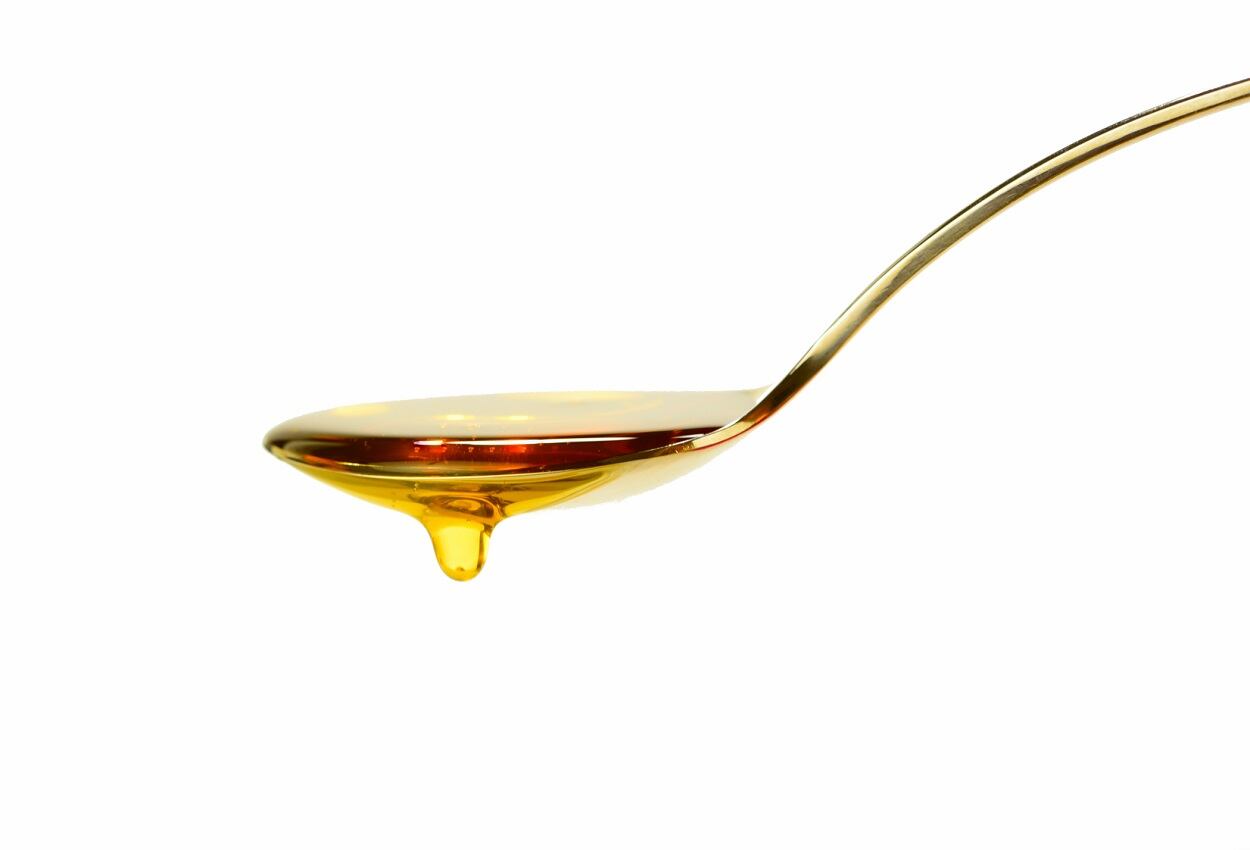Speaking to FoodNavigator-USA at the IFT show in New Orleans last week, business development director, Peeyush Maheshwari, PhD, claimed that malted barley extract is not an empty calorie when used as a sweetener as it provides amino acids, antioxidants, minerals (phosphorus, calcium, and magnesium), and a lower glycemic index compared to refined cane sugar and corn syrup.
To produce the malted barley extract sweetener, non-GMO barley kernels undergo a traditional malting process, in which the barley is exposed to water to produce enzymes and unlock the beneficial nutrients from the sprouted grain. The sprouted grains are then heated, dried, and milled. After milling, water is added to the malted barley to create a "mash" which converts remaining starch into natural sugars creating a sweet, concentrated liquid, according to the company.
"We have a sweetener without empty calories," said Maheshwari.
According to Maheshwari, the antioxidant content of two tablespoons of malt extract is equivalent to a 1/3 cup of blueberries. Malt extract is also high in hordenine, a compound which has been shown to promote cognitive function and weight management. From a product development standpoint, barley extract is an effective binder of ingredients without hardening and provides browning benefits.
When used as a sweetener and binding agent in a 40g granola bar, for instance, 5g of malt extract can contribute 20% or more of the bar's calcium, potassium, niacin, riboflavin, and vitamin B6.
Awareness is underdeveloped in US market
Compared to other regions where malted products are much more prevalent in consumer goods, the US market is underdeveloped market for the ingredient, although it is better known in the baking industry.
"Historically it’s been around for thousands of years. In the US, this has been traditionally used in bagels, breads, and cereals," said MPC VP Herbert B. Schneider.
According to Maheshwari, there is strong opportunity in plant-based dairy alternative beverages, nut butters, and as a binder for the meat analog market, replacing dextrose.
Maheshwari added that there are some challenges to using malt extract as it has a 50% less sweetness compared to sucrose and fructose, and comes at higher cost compared to more widely used sweeteners.
However, Maheshwari believes those perceived drawbacks are slowly becoming benefits as consumers' palates evolve toward less sweet flavor profiles and food manufacturers recognize the value of paying a little bit more for a value-added sweetener such as barley extract.



